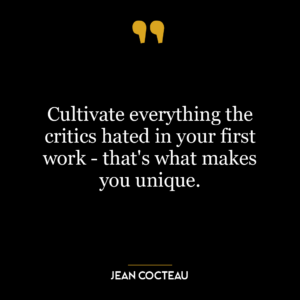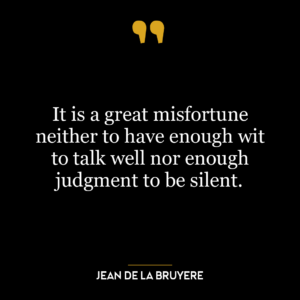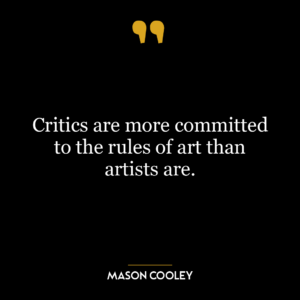This quote by Alexander Pope highlights the natural bias that both authors and critics possess towards their own craft. Authors, according to Pope, are biased towards their wit, meaning they have a certain fondness or preference for their own creative ideas and expressions. They believe in their own unique style and way of expressing thoughts, and this partiality often reflects in their work.
On the other hand, critics are also biased, but towards their judgment. Critics pride themselves on their ability to evaluate, analyze, and judge a piece of work. They trust their judgment and often believe it to be superior or more refined than others. However, this can lead to a certain level of stubbornness or close-mindedness, as they may become unwilling to accept or consider other perspectives.
In today’s world, this quote can be applied in various areas, not just in literature. For example, in the corporate world, leaders or managers (the authors) may be partial to their own strategies and ideas, while the employees or team members (the critics) may be biased towards their own judgment about the feasibility or effectiveness of these strategies. This can lead to conflicts and disagreements if not handled properly.
In terms of personal development, this quote teaches us the importance of self-awareness and open-mindedness. We all have our biases, whether it’s towards our own ideas, beliefs, or judgments. Recognizing these biases can help us become more open to other perspectives, foster better communication, and ultimately, lead to personal growth and development. It encourages us to question our own biases and to be open to criticism and different viewpoints, which is crucial for learning and growth.












![I never have wit until I am below stairs.
[Fr., Je n’ai jamais d’esprit qu’au bas de l’escalier.]](https://quotes.guide/wp-content/uploads/text-to-image/jean-de-la-bruyere/jean-de-la-bruyere-785341-1732475833-300x300.png)